SGGP
On World No Tobacco Day, May 31, the World Health Organization (WHO) said it is making efforts to support farmers in many places to stop growing tobacco and switch to other crops, contributing to increasing food security.
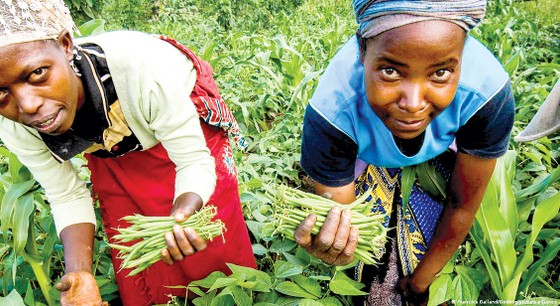 |
| Kenyan farmers harvest green beans to sell to WFP |
Exaggerated benefits
WHO Director-General Tedros Adhanom Ghebreyesus said that growing food crops instead of tobacco would allow the world to “prioritize health, preserve ecosystems and enhance food security for all.” The new WHO report reiterates that a record 349 million people are facing severe food insecurity, most of them in about 30 countries in Africa. According to WHO, 9 of the 10 largest tobacco-growing countries are low- and middle-income countries. Tobacco farming exacerbates food security challenges in these countries by taking up arable land. The environment and the communities that depend on it are also affected, as the expansion of tobacco farming leads to deforestation, water pollution and land degradation.
The report also exposes how the tobacco industry is trapping farmers in a vicious cycle of dependence and exaggerating the economic benefits of tobacco as a cash crop. Speaking to journalists in Geneva on 26 May, Dr Rüdiger Krech, WHO Director of Health Promotion, called for an urgent need to dispel the notion that tobacco is an “economic myth”. He said the crop contributes less than 1% of GDP in most tobacco-growing countries and the profits go to the world’s major tobacco producers, while farmers struggle under the burden of debt from tobacco farming.
Smoke-free farm
Dr. Rüdiger Krech also added that tobacco farmers are at risk from nicotine and pesticide poisoning. An estimated 1.3 million child laborers are employed on tobacco farms. The message for smokers is therefore to think twice, as tobacco consumption means putting many farmers and their families at risk. WHO is very concerned about the expansion of tobacco companies in Africa. Since 2005, the number of tobacco plantations on the continent has increased by nearly 20%; in 2022 alone, the area under tobacco cultivation increased by 15% compared to 2021.
WHO, together with the Food and Agriculture Organization (FAO) and the World Food Programme (WFP), has joined forces around the Tobacco-Free Farms initiative, to help thousands of farmers in countries such as Kenya and Zambia grow sustainable food crops instead of tobacco. The programme has been implemented in the Migori region of Kenya, where 2,040 farmers have been supported this year and is aiming to increase to 4,000; as well as helping around 1,000 in Zambia over the coming months. The programme provides farmers with micro-credit to repay tobacco companies, provides them with knowledge and training to grow alternative crops, and helps market their produce through WFP procurement initiatives. It is also being explored for expansion into Asia and South America.
Source


![[Photo] President Luong Cuong meets 100 typical examples of the Deeds of Kindness Program](https://vstatic.vietnam.vn/vietnam/resource/IMAGE/2025/4/16/ce8300edfa7e4afbb3d6da8f2172d580)
![[Photo] President Luong Cuong receives Ethiopian Prime Minister Abiy Ahmed Ali](https://vstatic.vietnam.vn/vietnam/resource/IMAGE/2025/4/16/504685cac833417284c88a786739119c)
![[Photo] National Assembly Chairman Tran Thanh Man meets with Ethiopian Prime Minister Abiy Ahmed Ali](https://vstatic.vietnam.vn/vietnam/resource/IMAGE/2025/4/16/c196dbc1755d46e4ae7b506c5c15be55)
![[Photo] Opening of the 4th Summit of the Partnership for Green Growth and the Global Goals](https://vstatic.vietnam.vn/vietnam/resource/IMAGE/2025/4/16/488550ff07ce4cd9b68a2a9572a6e035)
![[Photo] Opening of the Exhibition on Green Growth](https://vstatic.vietnam.vn/vietnam/resource/IMAGE/2025/4/16/253372a4bb6e4138b6f308bc5c63fd51)
![[Photo] Many practical activities of the 9th Vietnam-China border defense friendship exchange](https://vstatic.vietnam.vn/vietnam/resource/IMAGE/2025/4/16/3016ed3ef51049219574230056ddb741)


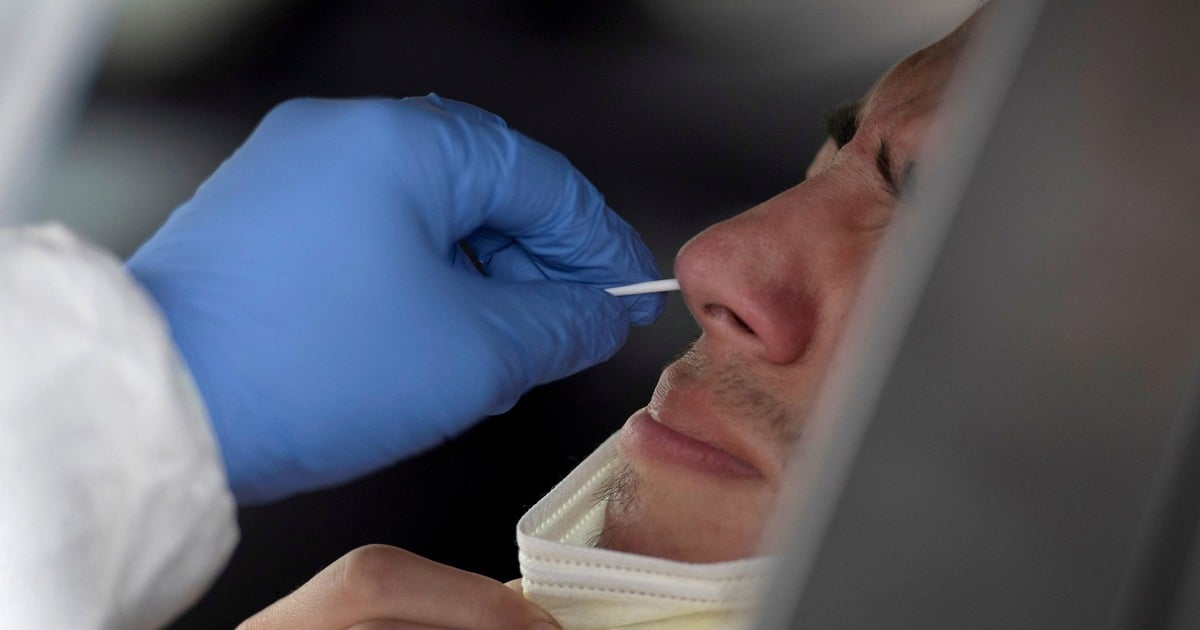





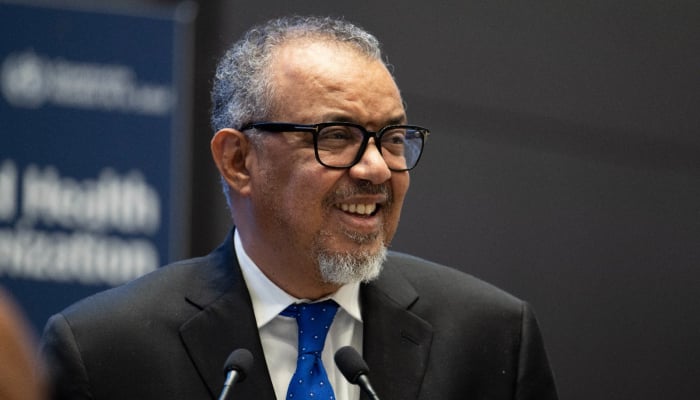
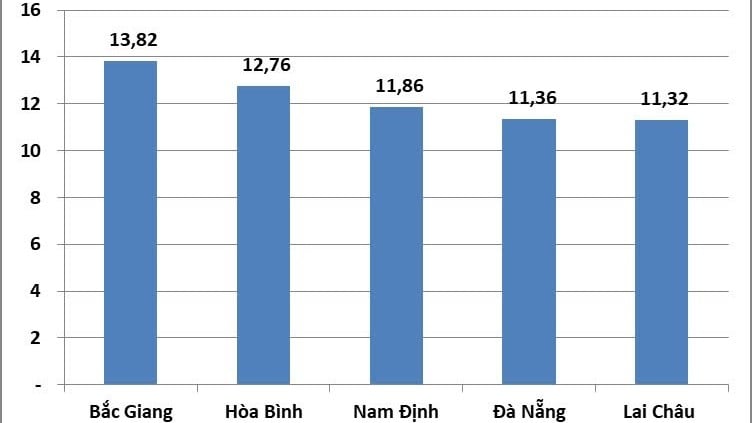
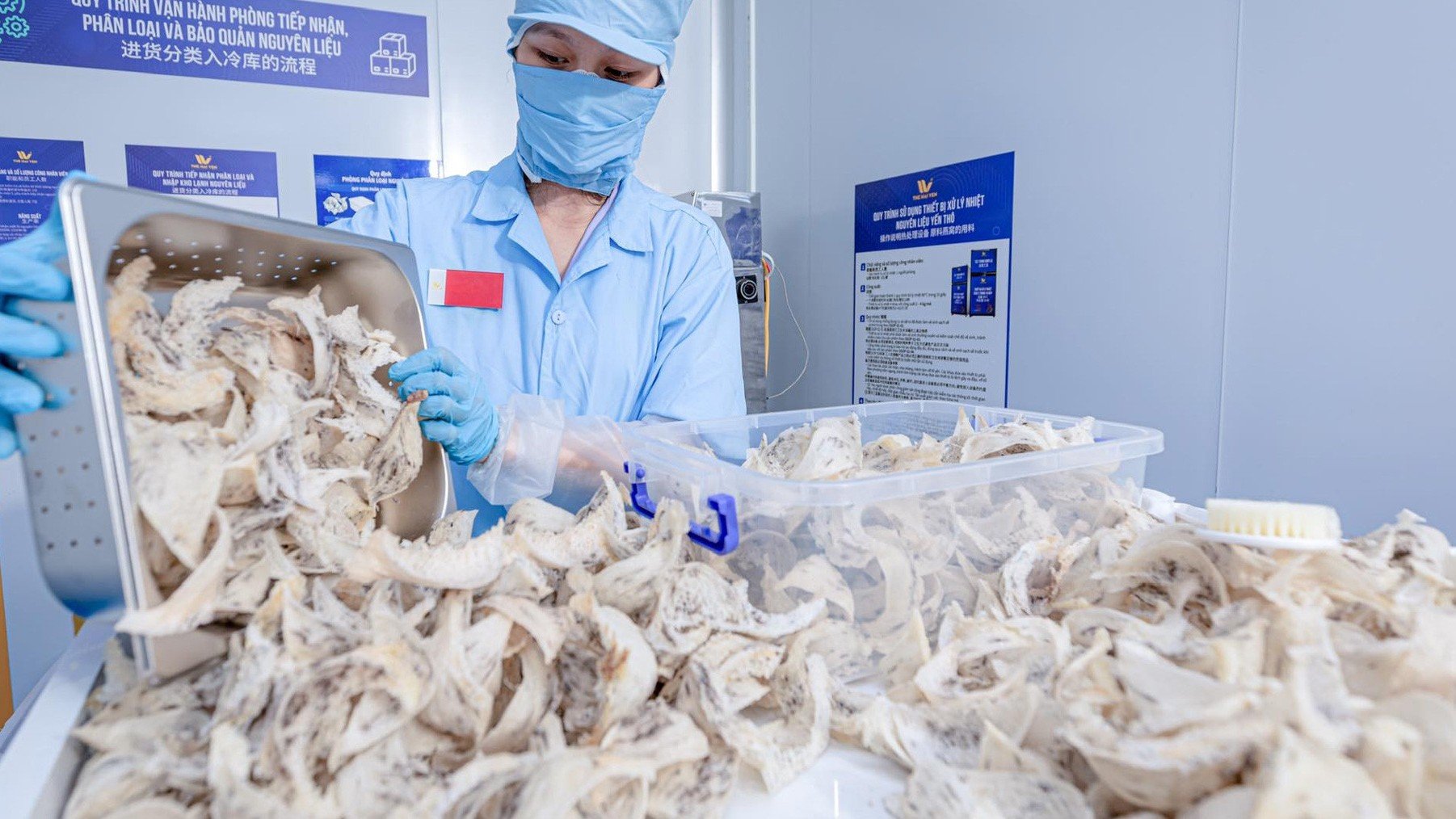
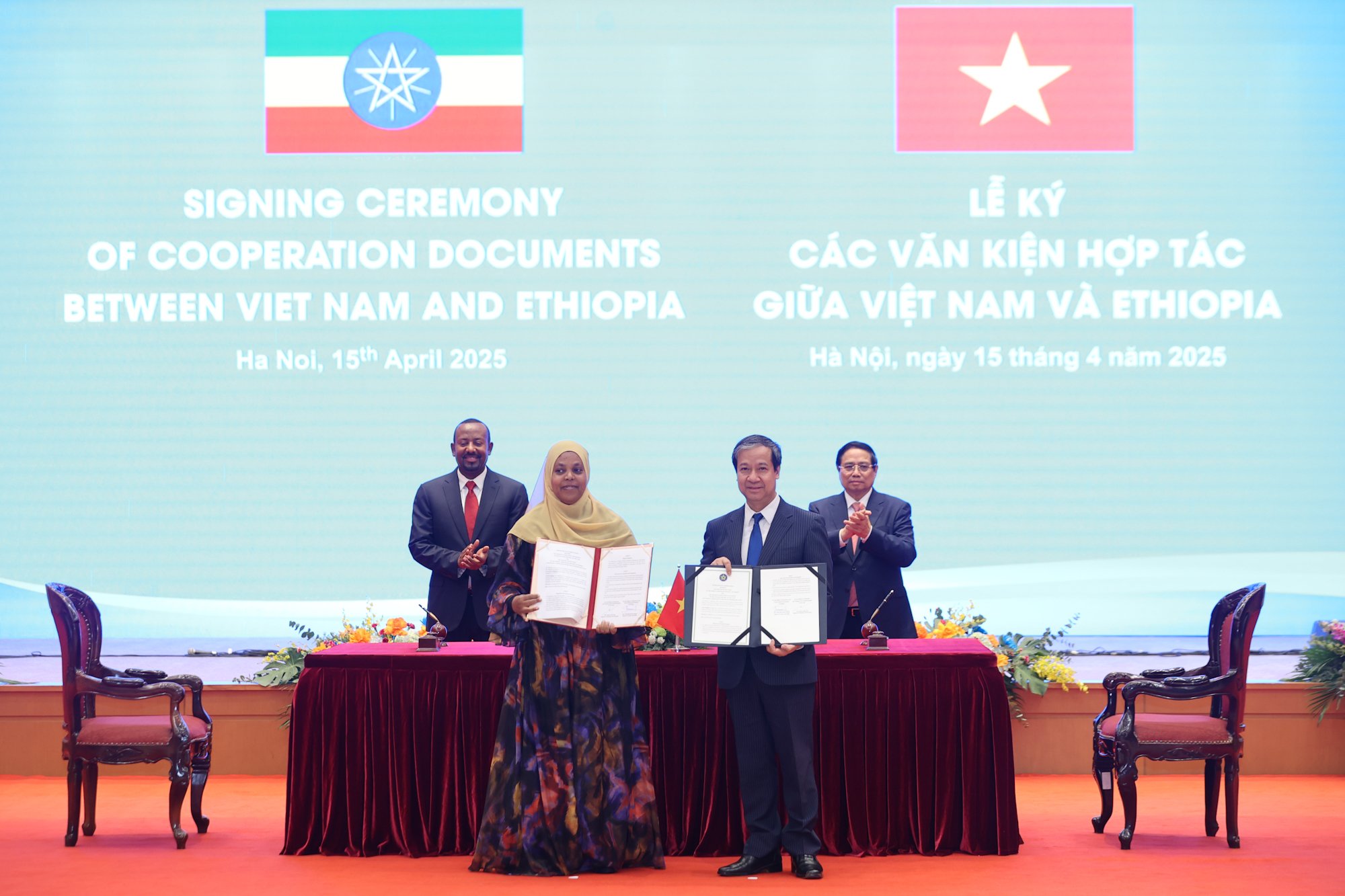
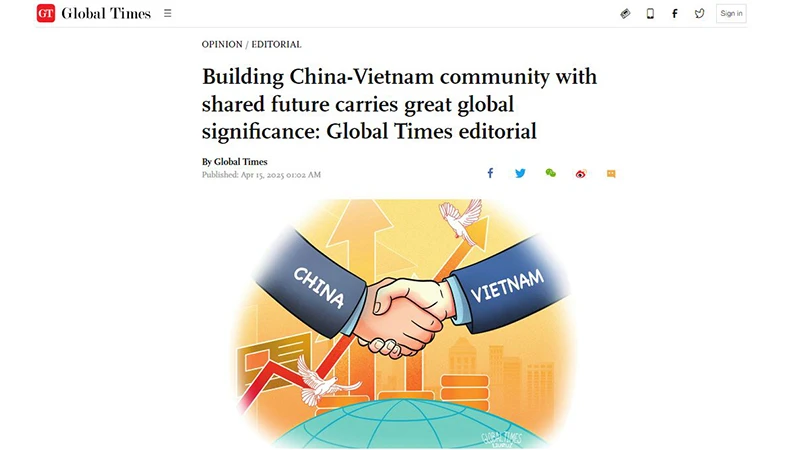







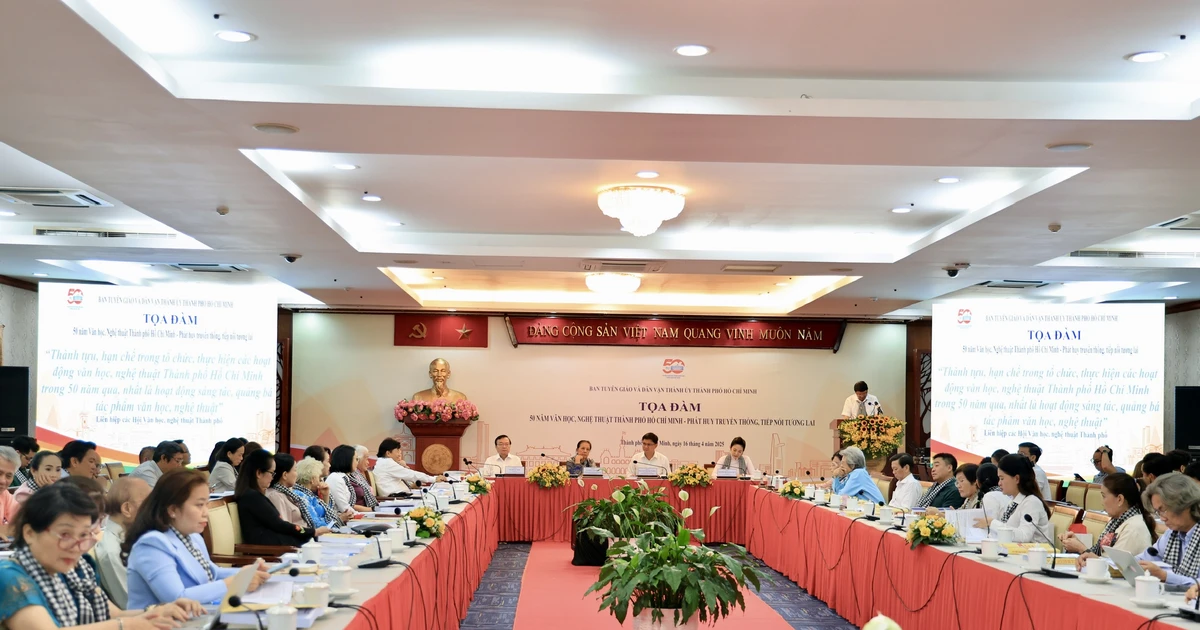



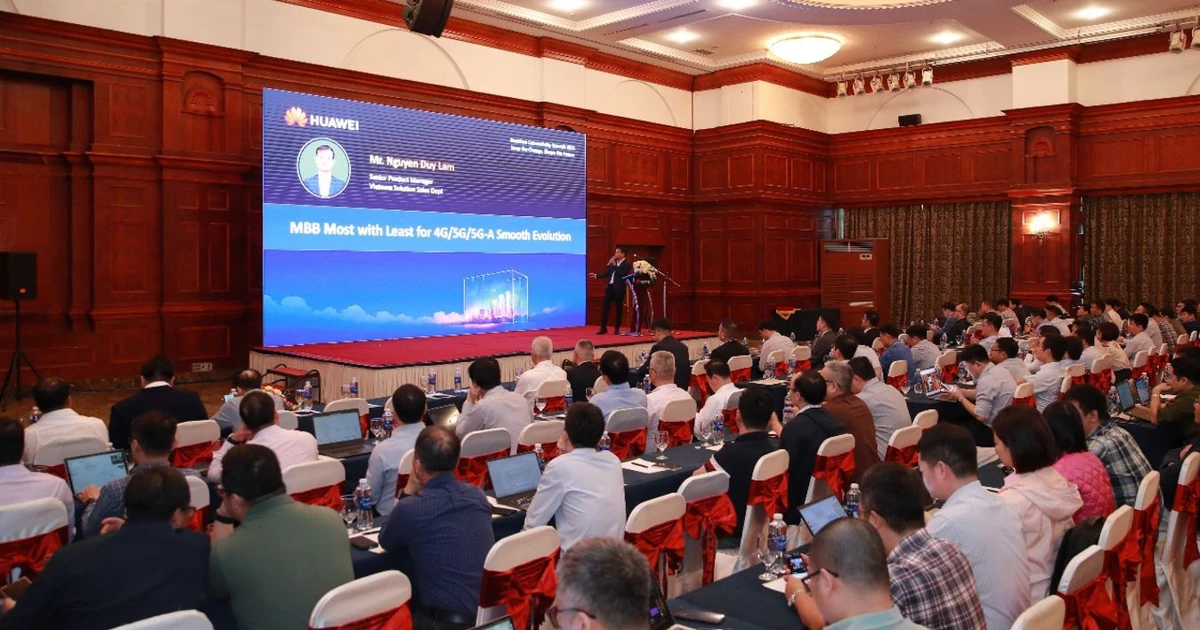














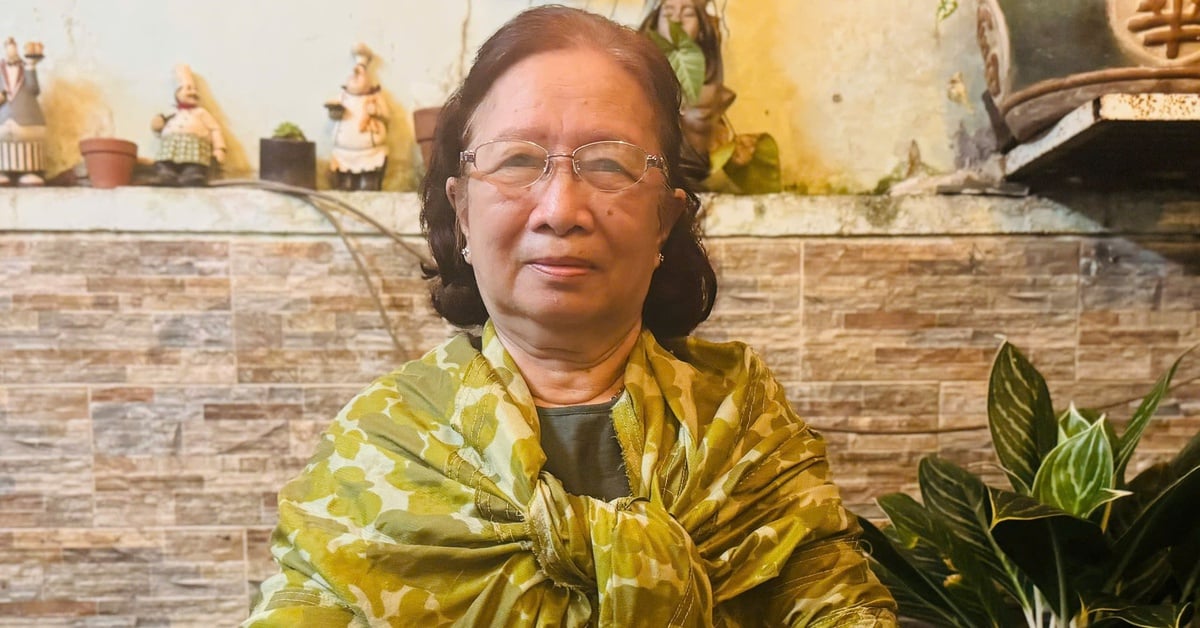

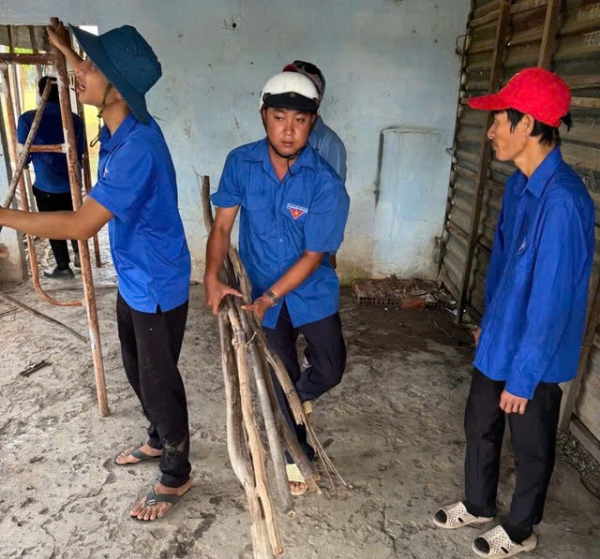



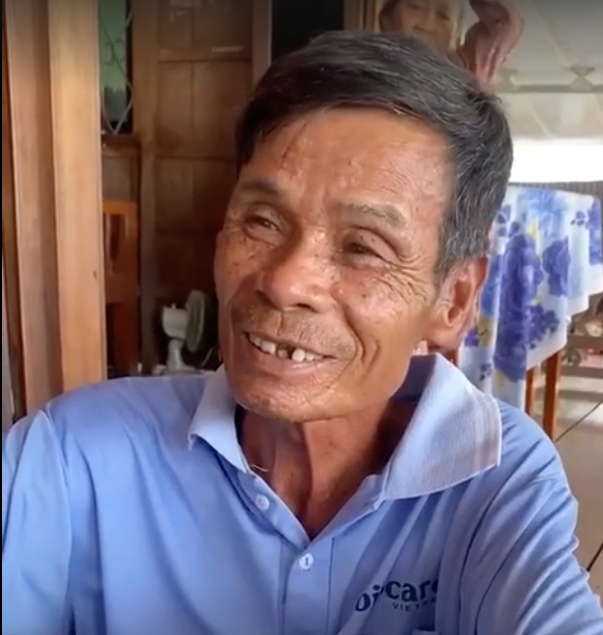









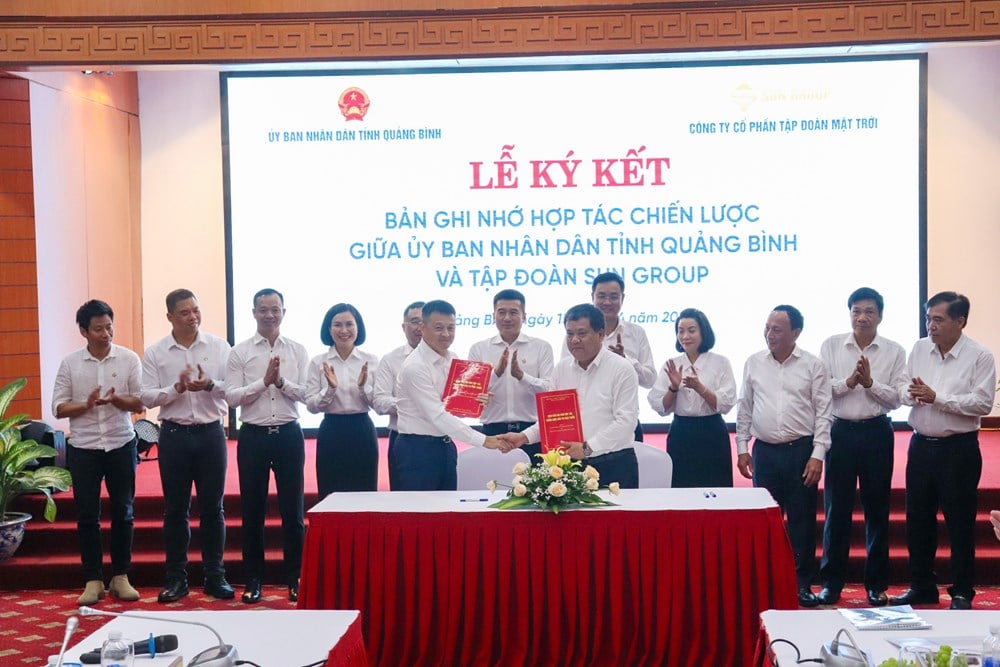



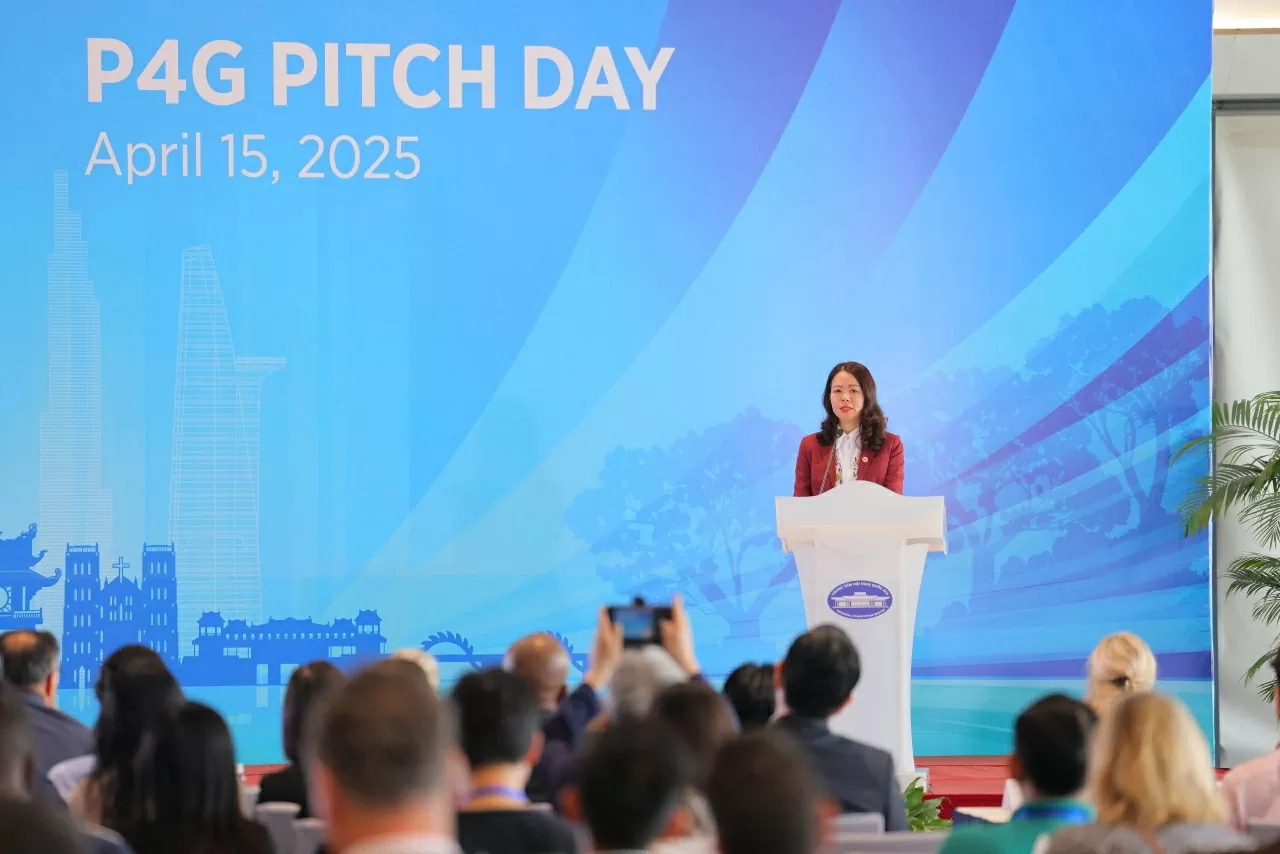

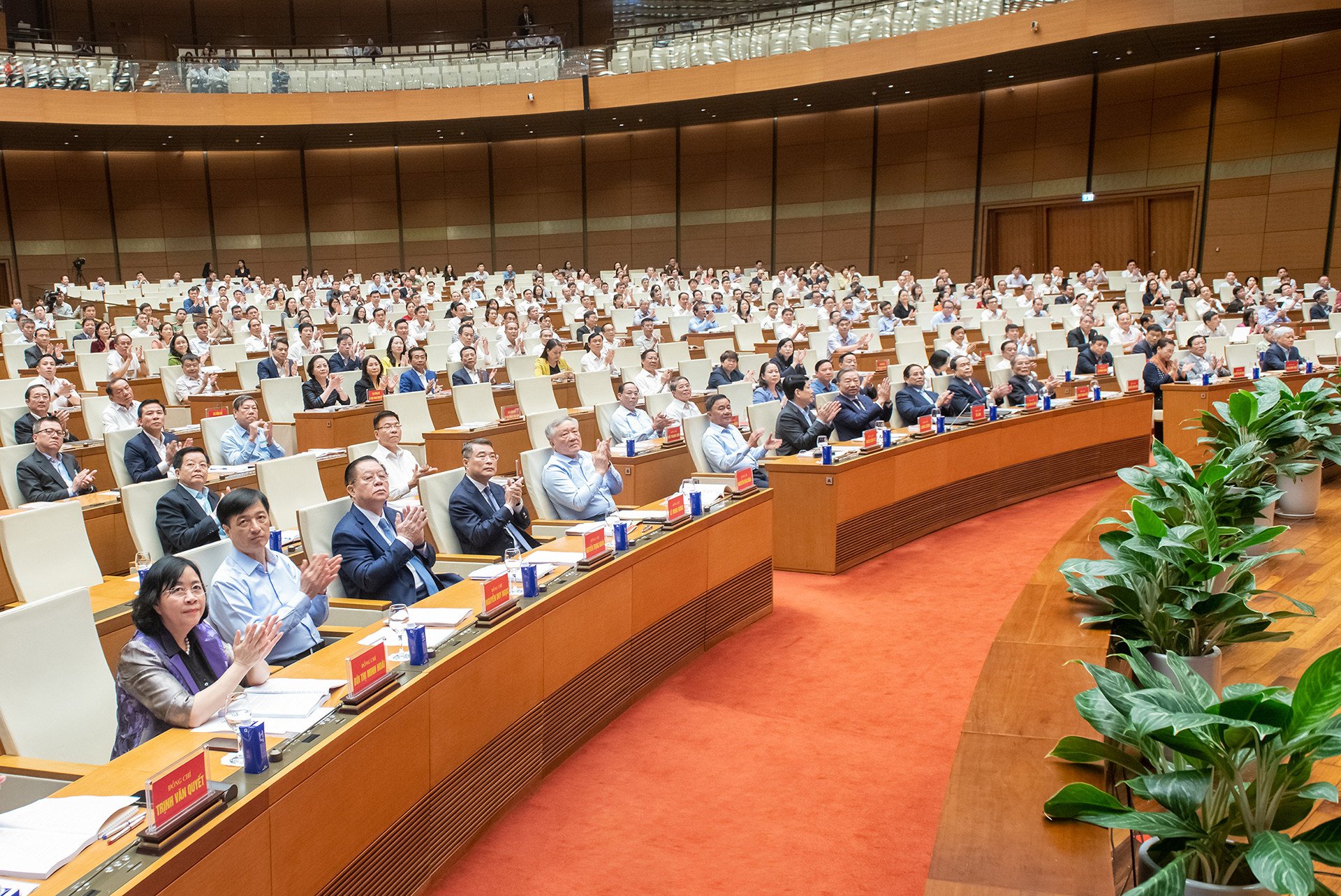


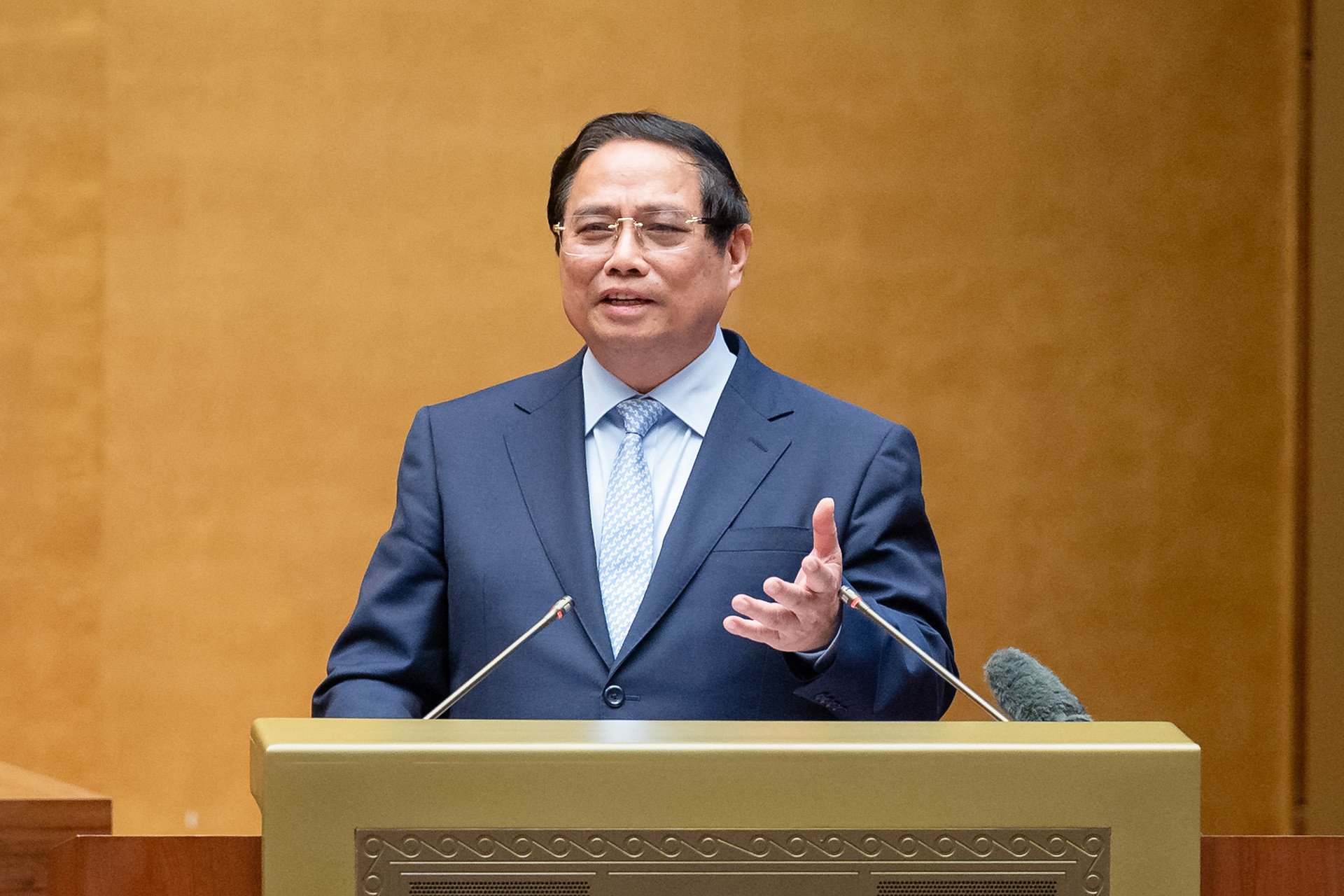
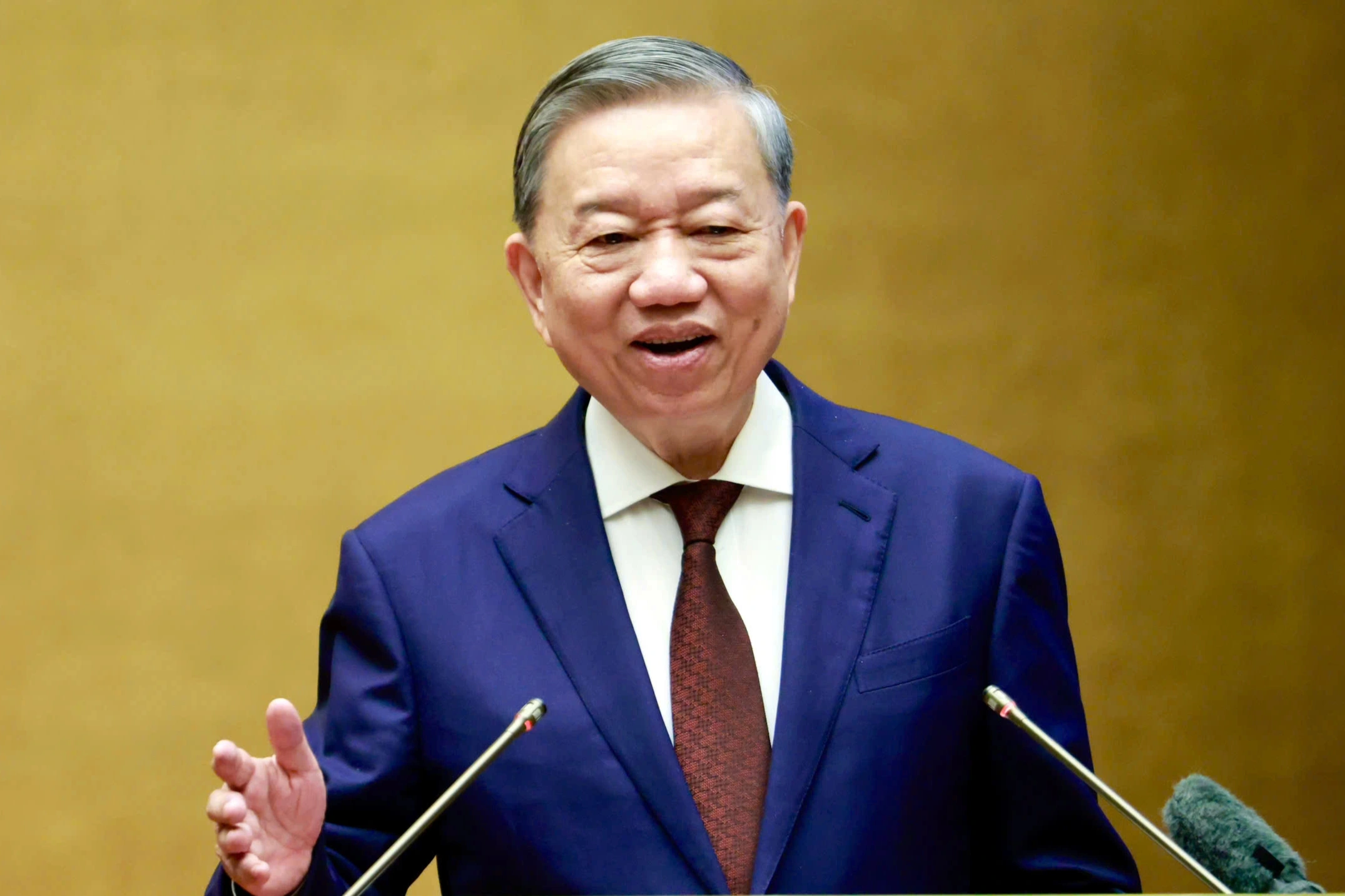
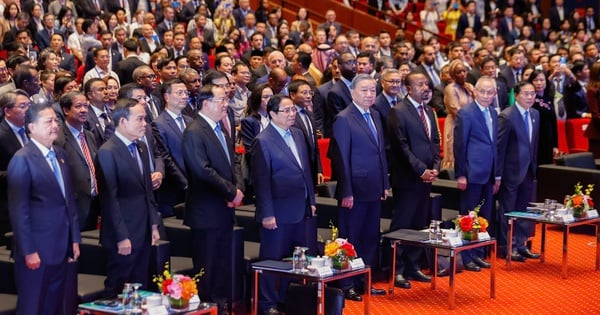



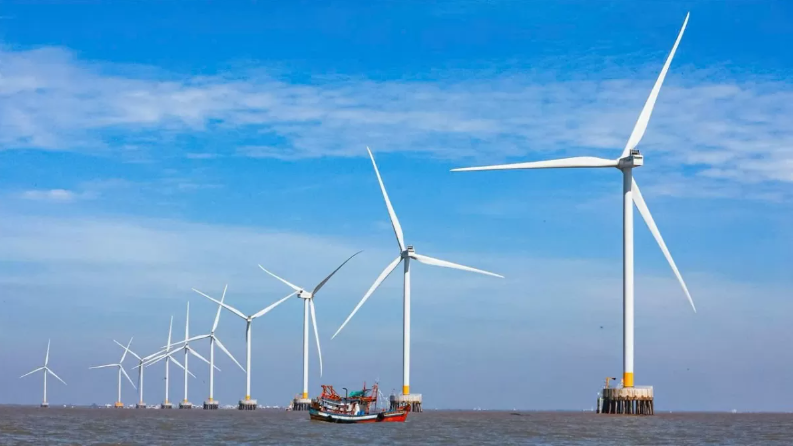
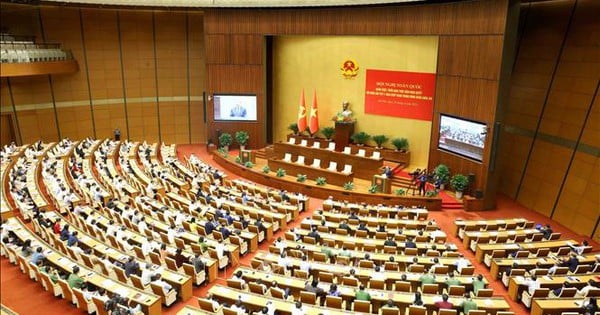

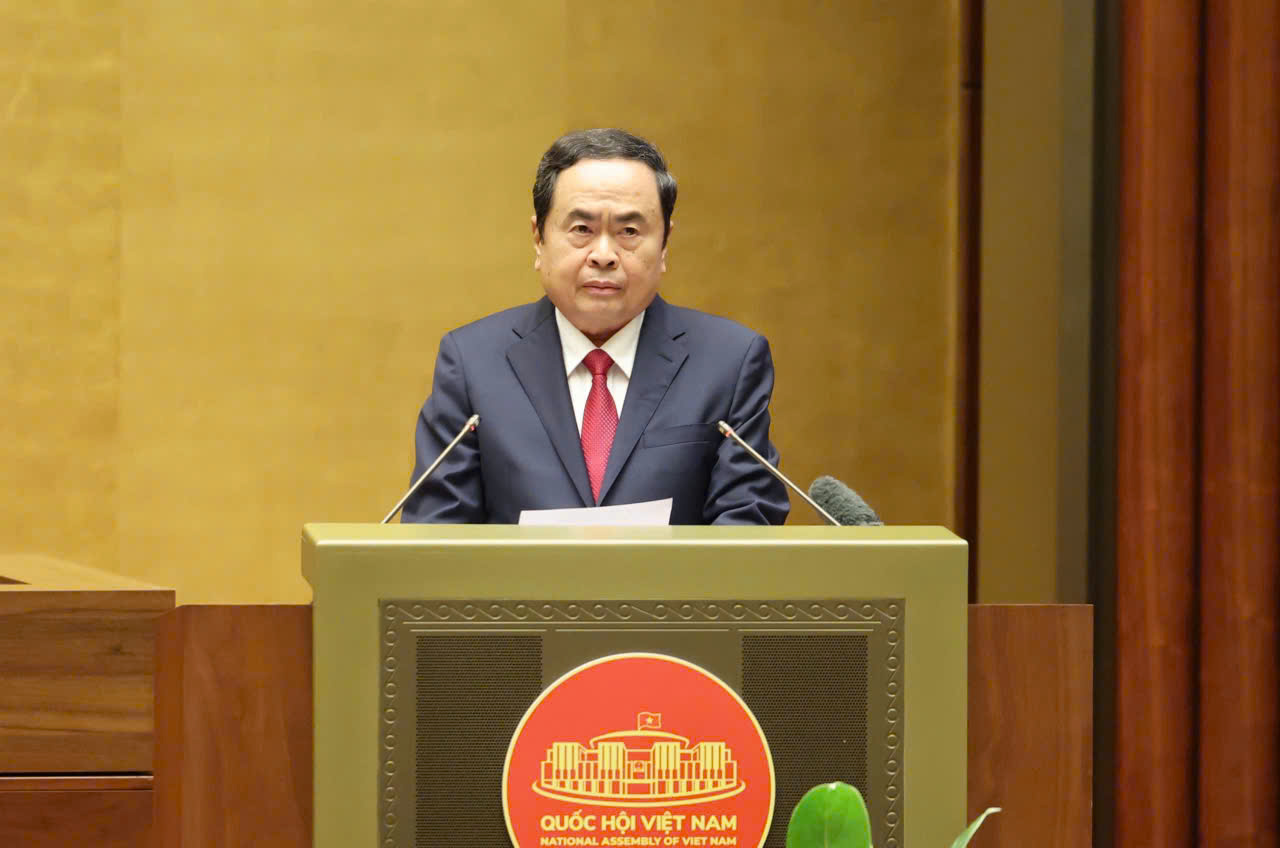





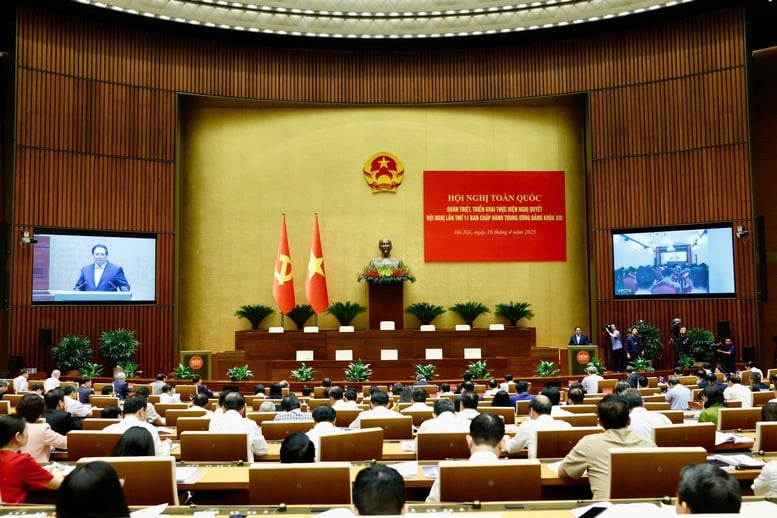


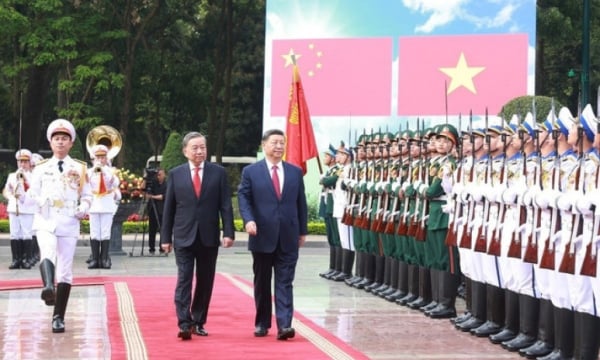
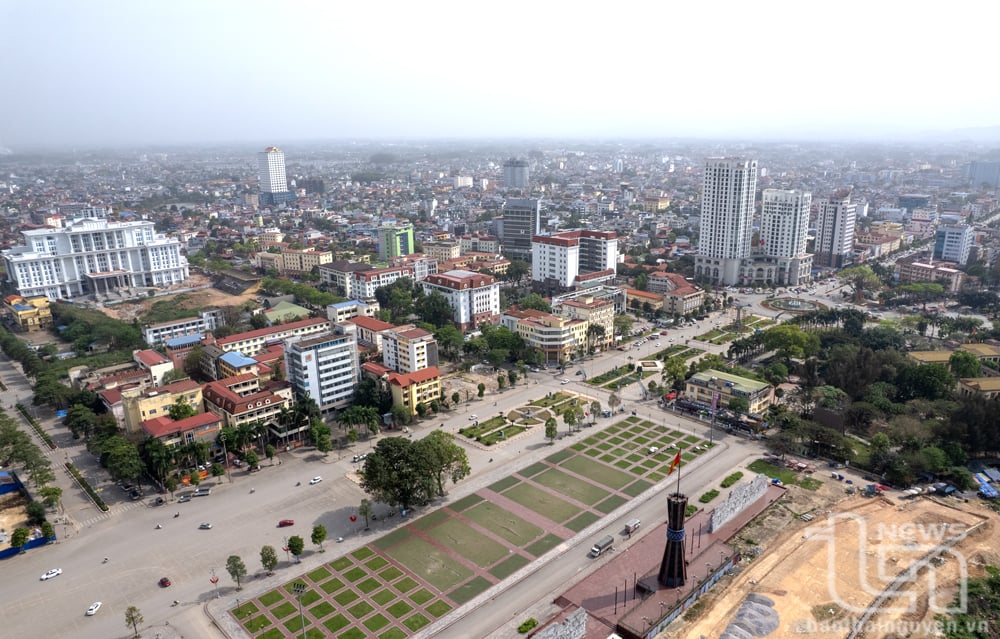





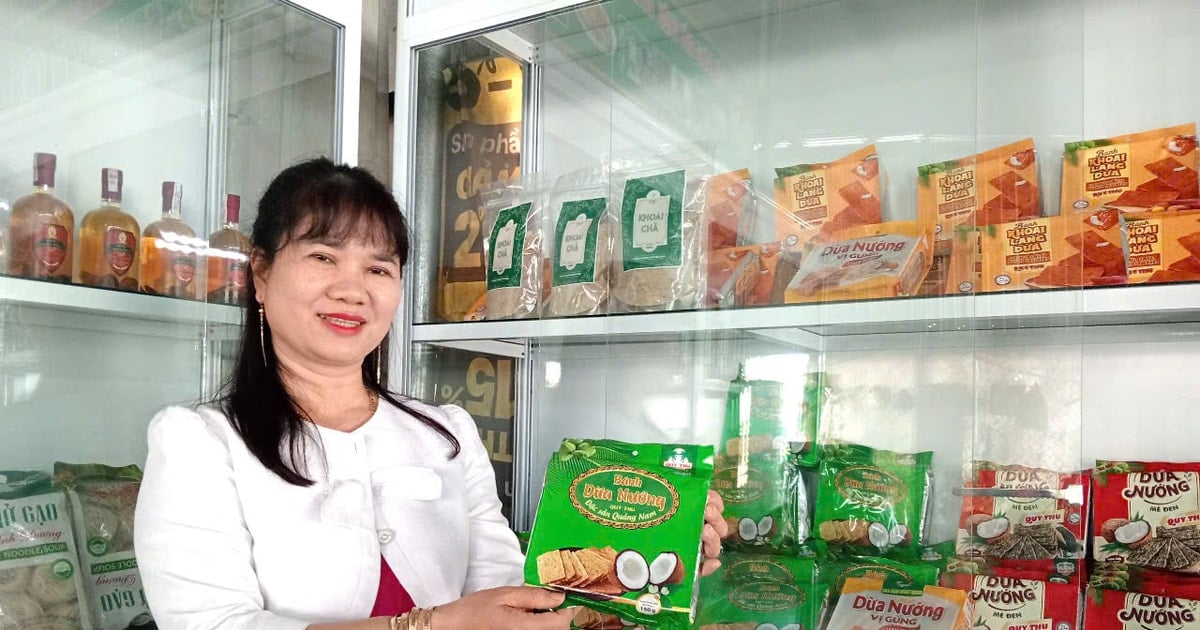



Comment (0)